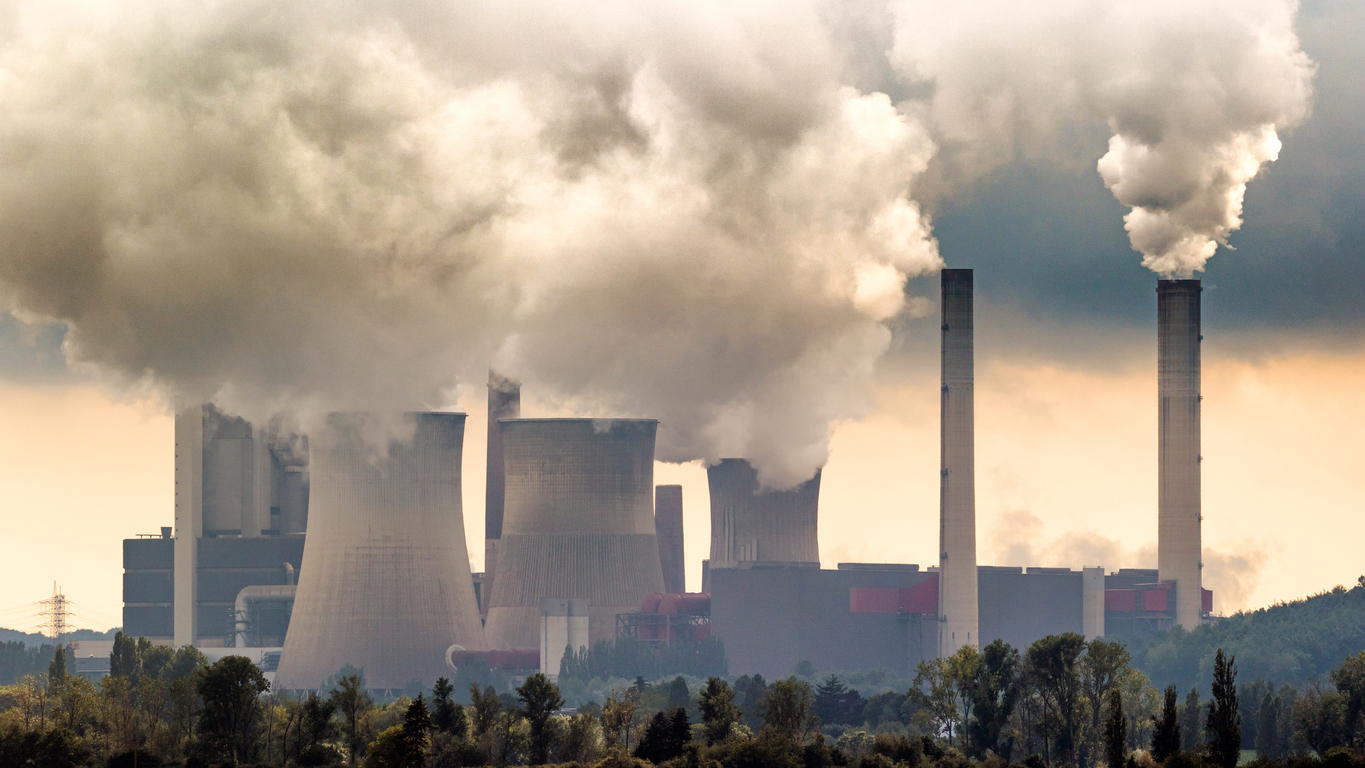- Oil leases are required to have clauses allowing them to be suspended during national emergencies. (43 USC 1341) If climate change is a national emergency caused by fossil fuels, then suspension seems like a logical response.
- The President has emergency powers to respond to industrial shortfalls in national emergencies. (50 USC 4533). This could be used to support expansion of battery or electrical vehicle production. Another provision allows the President to extend loan guarantees to critical industries during national emergencies. (50 USC 4531). This could be used to support renewable energy more generally.
- The Secretary of Transportation has broad power to “coordinate transportation” during national emergencies. (49 U.S.C 114). This might allow various restrictions on automobile and truck use to decrease emissions of greenhouse gases.
- The President may invoke the International Emergency Economic Powers Act to deal with “any unusual and extraordinary threat, which has its source in whole or substantial part outside the United States.” (50 USC 1701-1707).That description certainly applies to climate change. According to the Brennan Center, this Act “confers broad authority to regulate financial and other commercial transactions involving designated entities, including the power to impose sanctions on individuals and countries.” Conceivably, these powers could be deployed against companies or countries trafficking in fossil fuels.
There may well be others on the Brennan Center list that I missed. Moreover, as I said above, the President has other powers relating to national security, statutory and otherwise, that aren’t keyed to a declaration of national emergency – for instance, the kinds of tariffs Trump has imposed on foreign goods (say those relating to oil and gas drilling, or to oil imports.)
You might well respond that using these various powers to deal with climate change is stretching them far beyond any reasonable understanding of congressional intent. But if the courts upholds Trump’s action, that will be a sign that they’re not willing to apply any meaningful oversight to presidential actions.
Granting the President broad emergency powers threatens to damage our system of checks and balances. Their use should be reserved for cases where a situation is unfolding too quickly or unpredictably to allow a legislative response. But if Trump does end up using emergency powers to build his wall, without congressional or judicial check, we may find ourselves in a situation where pretty much anything goes. If so, it may be increasingly hard to argue that one side of the political divide should unilaterally disarm.





